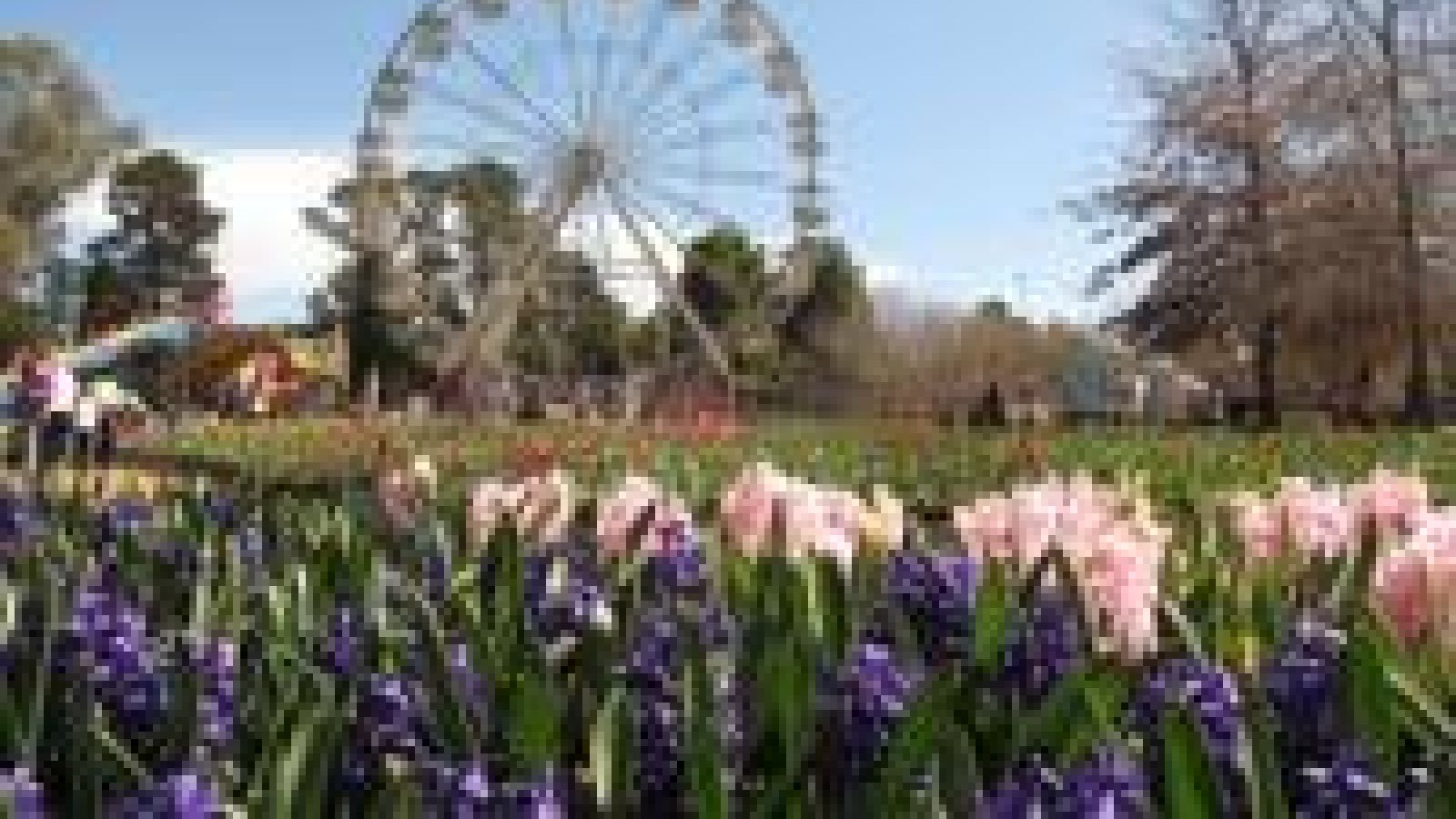Canberra's sleepy stereotype to be debunked

Associate Professor Nicholas Brown is on a mission – to change what the outside world thinks of Canberra.
Dr Brown, a Senior Fellow at the Research School of Social Sciences, is in the midst of compiling a history of Canberra in a different light that doesn’t involve the stereotypical thought bubbles of the city – a monotonous sleepy town that home to public servants and is where Parliament sits intermittently throughout the year.

Photo: Christopher John SSF via Flickr
The project has been commissioned by Cambridge University, as part of a series which includes each of the Australian states. When the history is finished, it will be summarised in one volume under three themes – Community, Government and Environment.
“That’s a bit of a challenge in itself, trying to find something new and fresh to say about Canberra – particularly at the end of a year where everybody seems to be celebrating Canberra as it is now,” he says.
“Rather than seeing Canberra as a creation of government I want to look at how the nature of the city, the community, has shaped the way in which power is shaped from here. How has the culture of Canberra shaped practices of government?”
And despite the views that still exist through the media’s reporting, Dr Brown argues Canberra is not just a monolithic exercise in government.
“It’s changed fundamentally over the years, and how the Commonwealth Government departments react, and the sorts of personalities and relationships that underpin them, are very much a product of the kind of community Canberra is.”
Dr Brown has a unique link in this project too. He’s not just an academic at the ANU but a 7th generation Canberran, whose family history dates back to convict stock at Lanyon Homestead in the south.
“So in a sense my own family story is of not just the public service but of convicts, farmers, settlers, small pastoral property owners, labourers, and that’s part of the story I want to tell. It’s not just one neat, homogeneous suburban account.”
All going well, the book will be on shelves mid-next year. And by that stage, Dr Brown says he’ll be able to conclude it by focusing on some of the city’s centenary highlights.
“I think Canberrans have tried to think more carefully about what it is that is significant about the city and what has been achieved.
“So, rather than be another centenary publication this will be a kind of post-centennial reflection on the perspective the events of this year have offered on who we are.”
Dr Brown is giving a public workshop on Writing the history of communities on 1 October from 2pm to 5pm at the Sir Roland Wilson Building. The workshop is part of the Shaping Canberra conference hosted by the Humanities Research Centre.